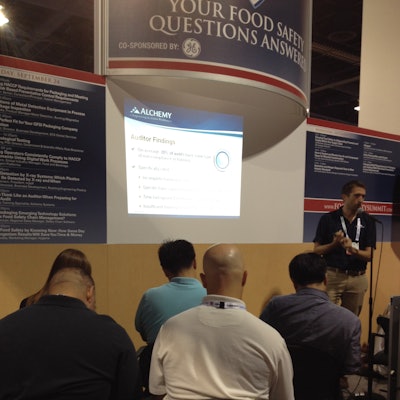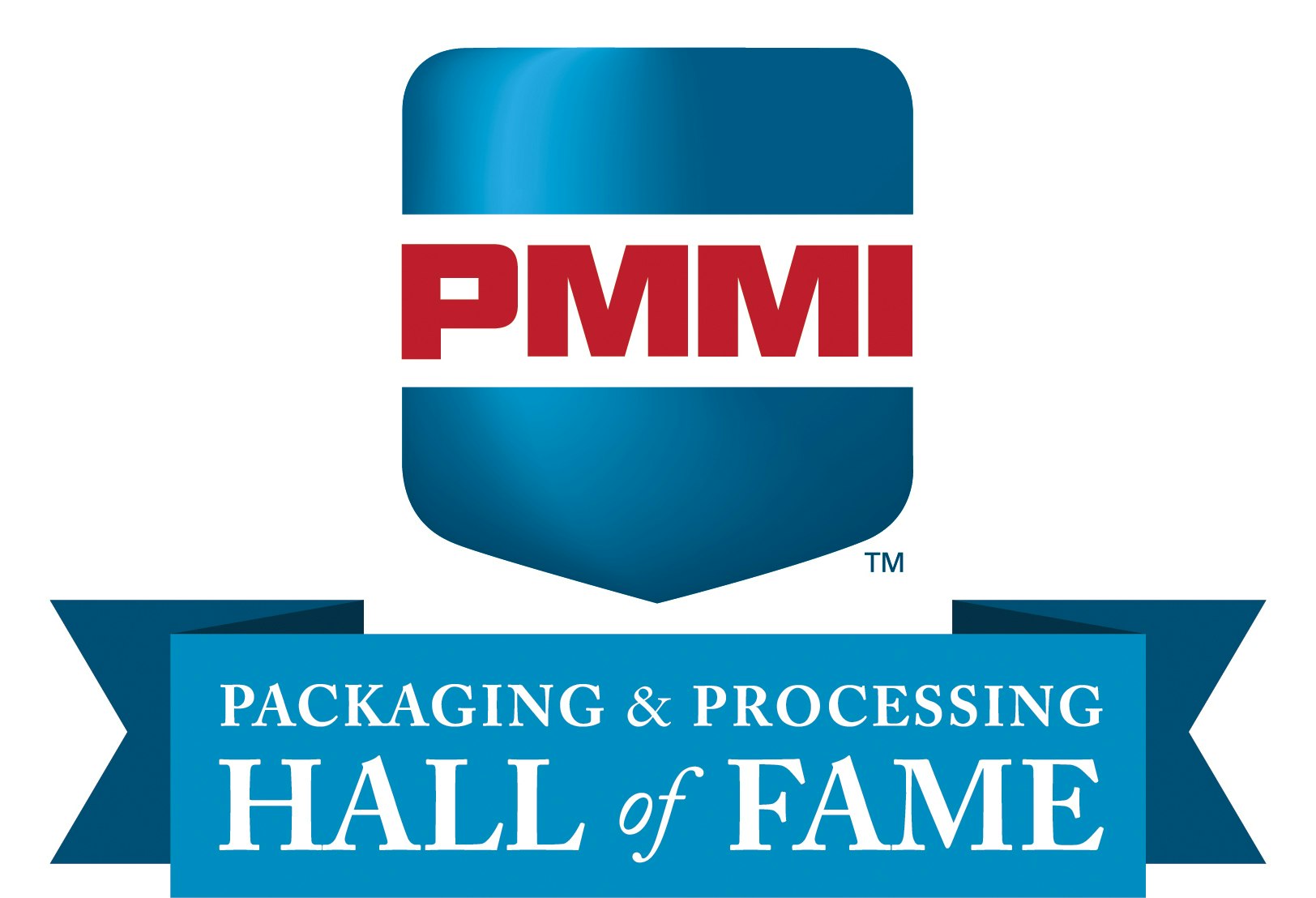
Alchemy's Lee teaches how GFSI auditors think at Pack Expo 2013
"On average, 20% of audits have some type of non-compliance in training," Lance Lee of training firm Alchemy Systems told attendees of a Food Safety Summit presentation at Pack Expo 2013. According to Lee, auditors have specifically cited these non-compliance factors:
> Incomplete training records
> Specific topic wasn't relayed to employees sufficiently
> Time had lapsed for a refresher course to be taken
> Insufficient training documentation for GFSI standards.
"Think like an auditor" is Lee's advice, especially with regard to training programs and certification to GFSI, the Global Food Safety Initiative that accepts certifications including IFS PacSecure, BRC (most common internationally), SQF (most common in the U.S.) and FSSC. GFSI. According to Lee, training is especially critical for GFSI, which has eclipsed the AIB certification program, he said, with greater focus on root-cause analysis and greater emphasis on observing and interviewing line employees.
"The biggest thing with GFSI is that they're looking for preventive controls," he said. Just as machinery can be the cause of a food safety incident, so can employees, whose actions are also part of a standard Hazard Analysis Critical Control Points (HACCP) plan. "You should be thinking of your employees as CCPs," he said, noting that most companies don't realize this. GFSI auditors are "spending more time observing employes in their work space," every line, every shift, interviewing line employes--from quality manager to packaging line worker to maintenance technician to fork-lift operator. The auditor will ask questions like:
> What is your role in certification?
> Can you shut down the line of you see something go awry?
> Or do you have the tools in place to tell a supervisor if something is not right? Are you encouraged to do so, or are you discouraged to do so?
Supervisors, too must answer to auditors by knowing--and informing auditors--their roles and responsibilities; how to handle food safety and quality issues; non-conforming product procedures; CCPs in the supervisor's area; what type of verification activities are performed and, of course, how the supervisor verifies that the staff is properly trained.
Lee went on to describe the superiors should know various training tips and tips for instilling a culture of food safety in the employee base, including having a "theme of the month" and more frequent training sessions, such as monthly rather than the too-widespread practice of a one-yearly program.


















